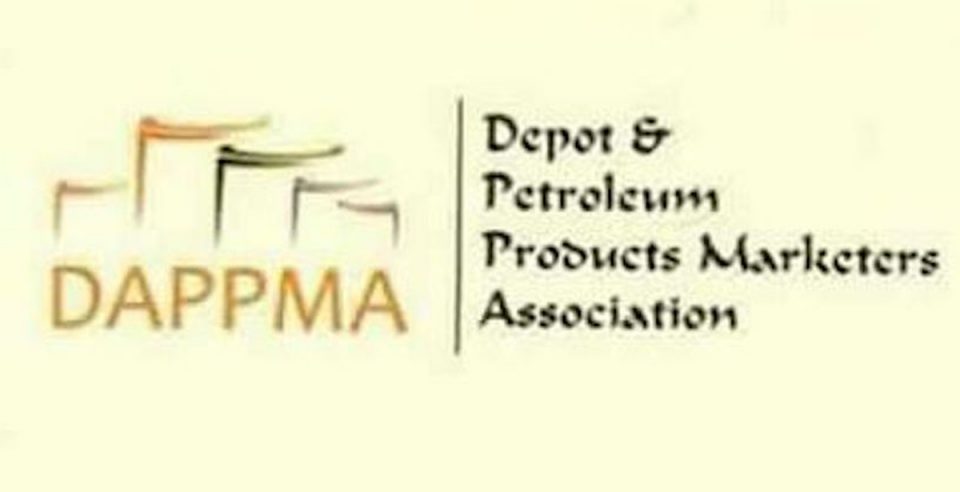The Depot and Petroleum Products Marketers Association of Nigeria (DAPPMAN) on Tuesday expressed concern over the new 0.5 per cent tax on gross turnover of the petroleum marketing firms proposed by the Federal Government.
Mr Olufemi Adewole, the Executive Secretary, DAPPMAN, said at the maiden edition of the Platforms Africa Continental Forum in Lagos, that the tax would put many firms out of business.
Adewole said there were indications that fuel distribution crisis may soon hit the country, if the government implemented the new tax regime.
He was emphatic that more than half of the fuel marketing firms in Nigeria would close down, if the tax burden was slammed on them.
According to him, the imminent closure of businesses poses threat to the smooth distribution of petroleum products across the country.
“The petroleum marketing firms’ trading margin is too small that they cannot pay such amount sustainably.
“Petroleum marketers operate a very low margin but the turnover is very huge. Unfortunately the margin does not correspond with the turnover,” said Adewole.
He added that the margins they made when fuel sold at N40 per litre was the same when the price rose to N160 per litre and N200 per litre respectively.
According to him, “The Finance Act 2020 says the marketers have to pay 0.5 per cent from their gross turnover by the end of this year.
“It is unimaginable that probably half of the petroleum marketing firms existing now may go under, if the new tax regime is implemented.
“Except the regulator which is Nigerian Midstream and Downstream Petroleum Regulatory Authority (NMDPRA) approves a new margin for the marketers.”
He said the association had called on government to give petroleum marketers access to foreign exchange at the official Central Bank of Nigeria (CBN) rate to enhance the supply and distribution of Premium Motor Spirit (PMS) across the nation this yuletide season.
According to DAPPMAN, shortage of foreign exchange (forex) coupled with several unauthorised levies, bad roads are among the factors making fuel importation and distribution burdensome for members.
The fuel marketers recently bemoaned the acute scarcity of forex in the official market, which is currently threatening the importation, distribution and impacting deeply on prices of petroleum products across the country.




